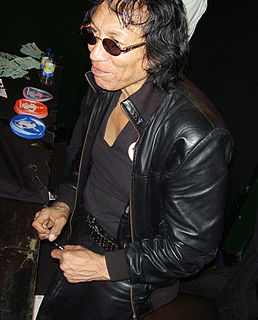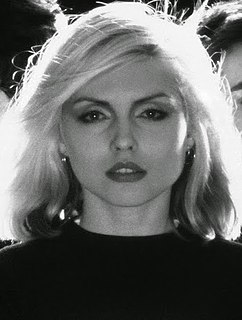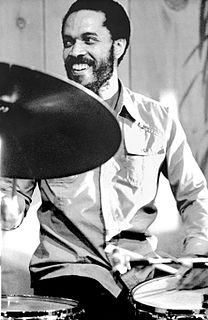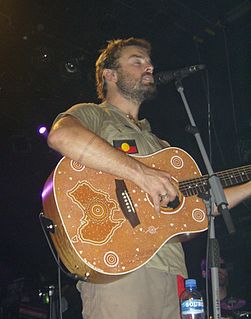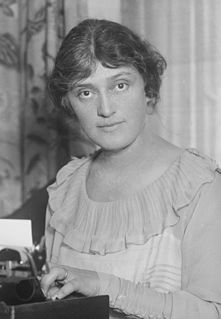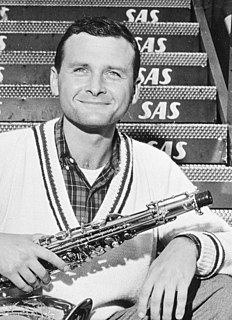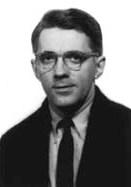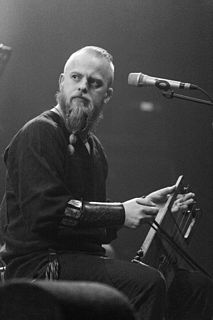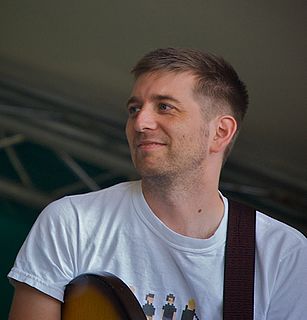A Quote by Sixto Rodriguez
Voice is the first instrument.
Quote Topics
Related Quotes
My first instrument was my voice. I was always singing and writing melodies when I was a little kid. I just sort of taught myself whatever was around. If there were instruments around, I'd play them. I always liked the idea of not being shown but coming up with my own energetic connection to the instrument.
Switch to piano! No. Really, if you like an instrument that sings, play the saxophone. At its best it's like the human voice. Of course, it would be best if you could actually sing with your own voice. The saxophone is an imperfect instrument, especially the tenor and soprano, as far as intonation goes. Therefore, the challenge is to sing on an imperfect instrument or 'voice' that is outside of your body. I love that challenge and have for over forty-five years. As far as playing jazz, no other art form, other than conversation, can give the satisfaction of spontaneous interaction.
Learning to play old instruments was a challenge. How do you learn an instrument no one has played in hundreds of years? The ones that are used today, I was adamant not to hear anyone else play that instrument. I want to approach them as a child and on the basis of each instrument. I wanted my voice to come through, not someone else's.
